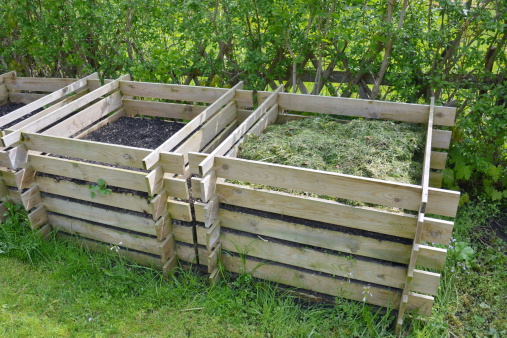Decorating your yard is an exciting new feat in the home design process. The outdoor space surrounding your house is a completely blank canvas, and that can be overwhelming for both old and new homeowners. Most people aren’t taught the ins and outs of maintaining a garden, so many landscaping faux pas are committed (many of which go unnoticed). To have a beautiful, thriving outdoor ecosystem that will ornament your home wonderfully, it’s important to avoid these common landscaping mistakes.
Home and Plants Are Too Close Together
Plants need decent room to grow properly. Overgrown trees and shrubs located too close to the home might begin to disturb roofing and foundation material, damaging your property. In addition, the pests within these plants may be able to enter your home easier.
Lawn Is Too Short
Another common landscaping mistake is keeping a nicely-trimmed lawn. Although it looks stunning and clean, it is actually extremely harmful to its health. If the grass of your lawn (keep in mind the various types of grass) is too short or you’re mowing it too often, it prevents the grass from performing photosynthesis adequately. Additionally, roots won’t grow properly, exposed soil will get damaged, and, your lawn will not be absorbing substantial nutrients.
Overlooking the Seasons
People will often venture out to nursery or plant yards and buy what’s in season at the moment. Homeowners should keep in mind that various flowers bloom at different times throughout the year, so a proper selection must be made if year-round foliage is wanted.
Fertilizing Wrong
Firstly, if you are not fertilizing at all, that is an issue. On the other hand, many homeowners fertilize too much or improperly. To avoid this common landscape mistake, one should fertilize twice a year, once in the spring and once in the fall. It should never be done in bright sun and always be followed by a good watering. Also, when planting new plants, fertilizer should be mixed in with the new soil.
Planting Too Deeply
Many think that the more soil they can get around the base of the plant, the better off it will be. However, the root system needs air flow to it, otherwise this common landscaping mistake can choke the tree or shrub to death. Furthermore, planting too deeply may cause root rot. A good rule of thumb is to look at the main stem, the largest branch, and then where all the tentacles diverge from— the convergence point should be right at the surface. Otherwise, homeowners should plant their tree as deep as the pot it came in.
Not Contacting Professional Landscapers
A plan for your yard can be hard to manage but trained experts will make the job so much easier. From lawn upkeep to keeping your plants properly fertilized, our team at Giovine Landscaping are the ones who will be able to assist you. They will be able to provide input on soil quality, pruning, and virtually everything you need to create and sustain a gorgeous outdoor space. With that being said, Giovine Landscaping provides all of the mentioned services at the utmost quality. Give them a call at (973) 325-1758 to avoid any of these common landscaping mistakes.
